If you live in a secluded area, you likely have to rely on a well for clean drinking water. But, how exactly do you extract water from an underground source? That's where a water well pump comes into play. Though, some pumps might work better for your situation. If you're curious to know the types of water well pumps, let's find out!
There are four types of water well pumps that you can utilize. Some will require manual labor. Others will have a motor to draw water from the well. The four types of water well pumps you should know are:
- Submersible
- Jet
- Centrifugal
- Hand pump
A few factors will determine what type of pump will work best for your situation. But, how exactly does each option differ from the other? Although one might be manual, can it be a better choice than the others? We cover these issues in-depth. If you'd like to learn more, keep reading ahead.
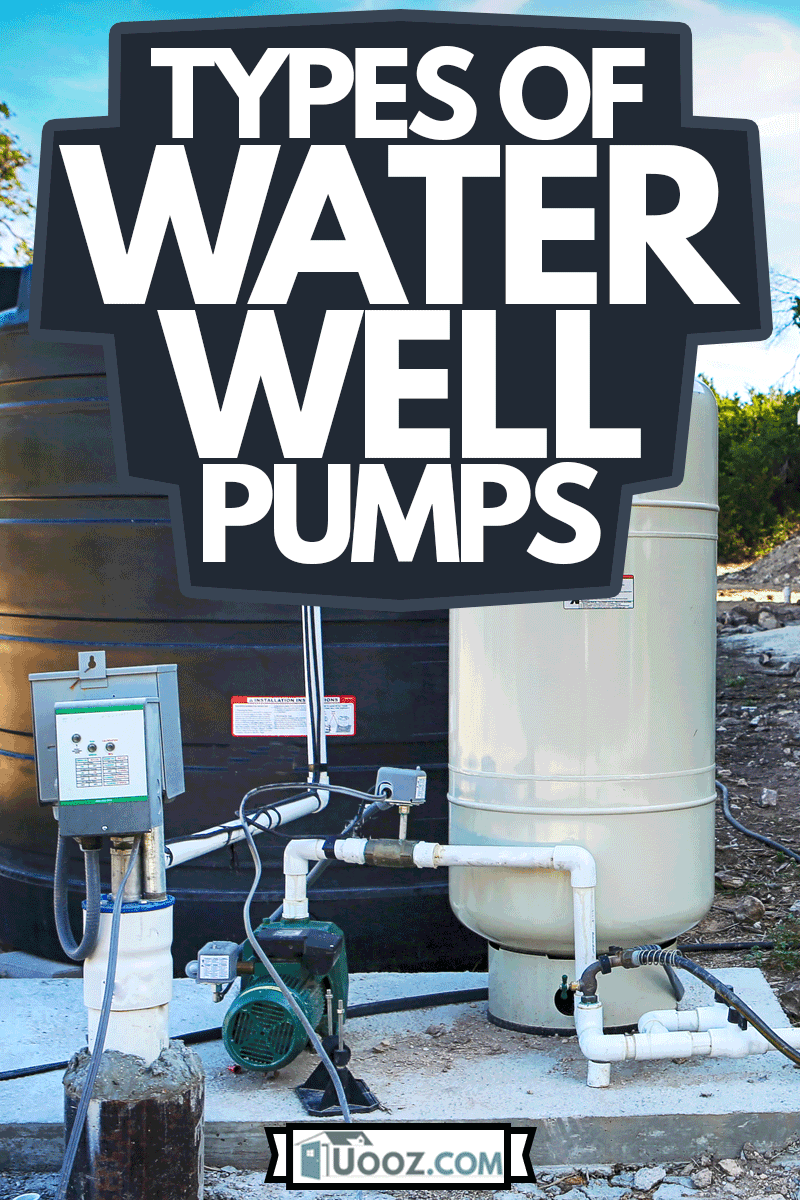
The Types Of Pumps
Before choosing the best pump for your situation, you might want to know how each works. Let's start by getting the most inconvenient option out of the way.
Hand Pump
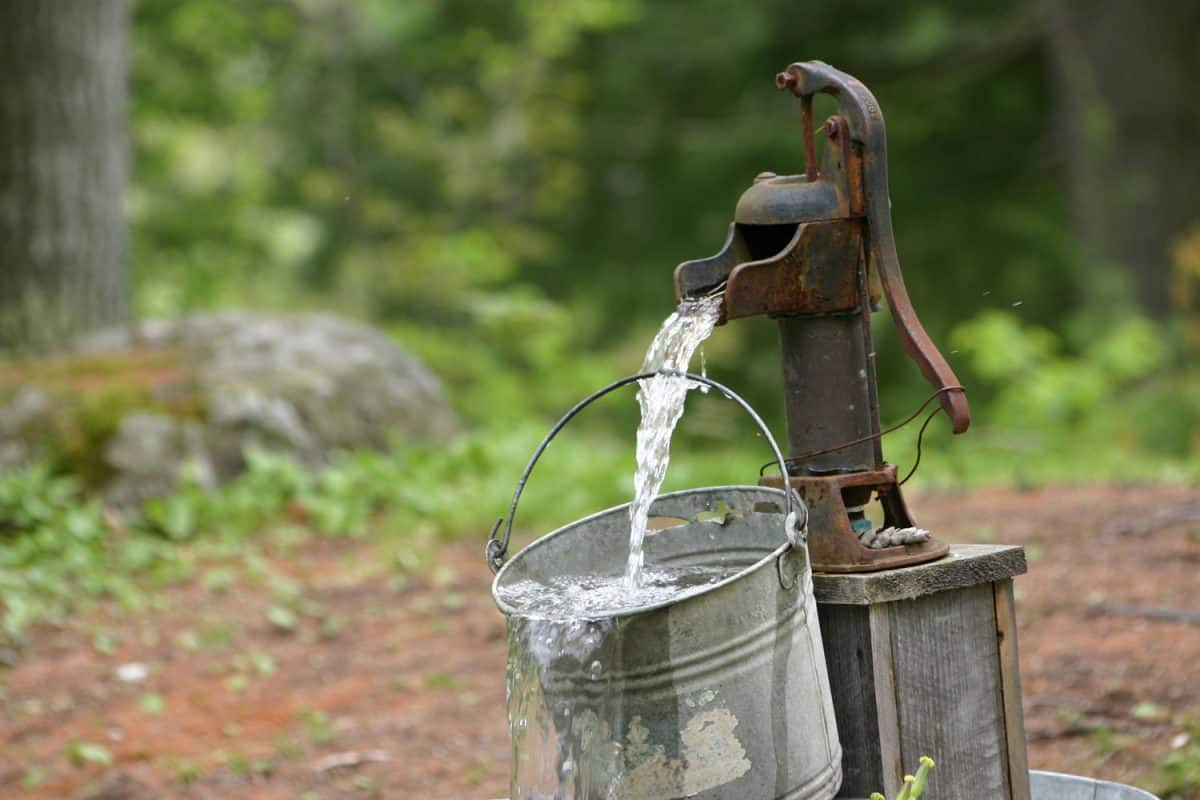
You may have seen it in movies or old-time shows. A hand pump is what its name implies. It works by utilizing a hand-cranked lever.
People will usually draw water out of the well into a holding tank. Then, they transport the tank to the home's plumbing system. As you can already guess, it's not the most practical option depending on your home water needs.
Centrifugal
Centrifugal well pumps transfer fluids through an increase in pressure. They use kinetic energy to transport water from one end of the pump to another. Unlike other pumps, the centrifugal kind does not use drive seals.
They're also much smaller in size. This aspect can be advantageous because it means easier access. However, the size also comes at a disadvantage because it limits the ability to transport water.
Submersible
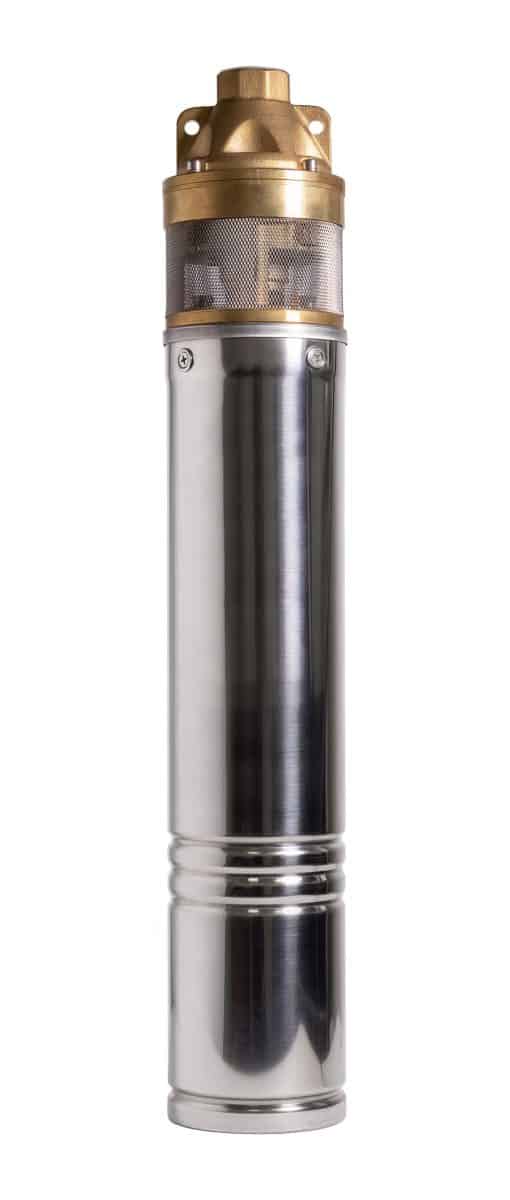
Submersible well pumps work differently than the first two. They need to be completely submerged in liquid to work. This type of system does not suck water out of the well. Instead, its primary goal is to push water to the surface.
The benefit of using submersible well pumps is longevity. They need to be submerged in water to work. Thus, there's less worry of overheating the motors. Accordingly, submersible well pumps can last 10 to 15 years.
However, there is one component that can reduce the lifespan abruptly. More specifically, if water leaks into the motor, it can cause the pump to short circuit. Manufacturers prevent this situation by sealing the motor in an airtight seal.
But, as you might already know, exposure to water over time can cause parts to degrade. So, the seal can potentially corrode - allowing water to seep into the motor.
They're the most expensive option. Though, a long lifespan and less involvement for maintenance could make this water well pump worthwhile.
Jet
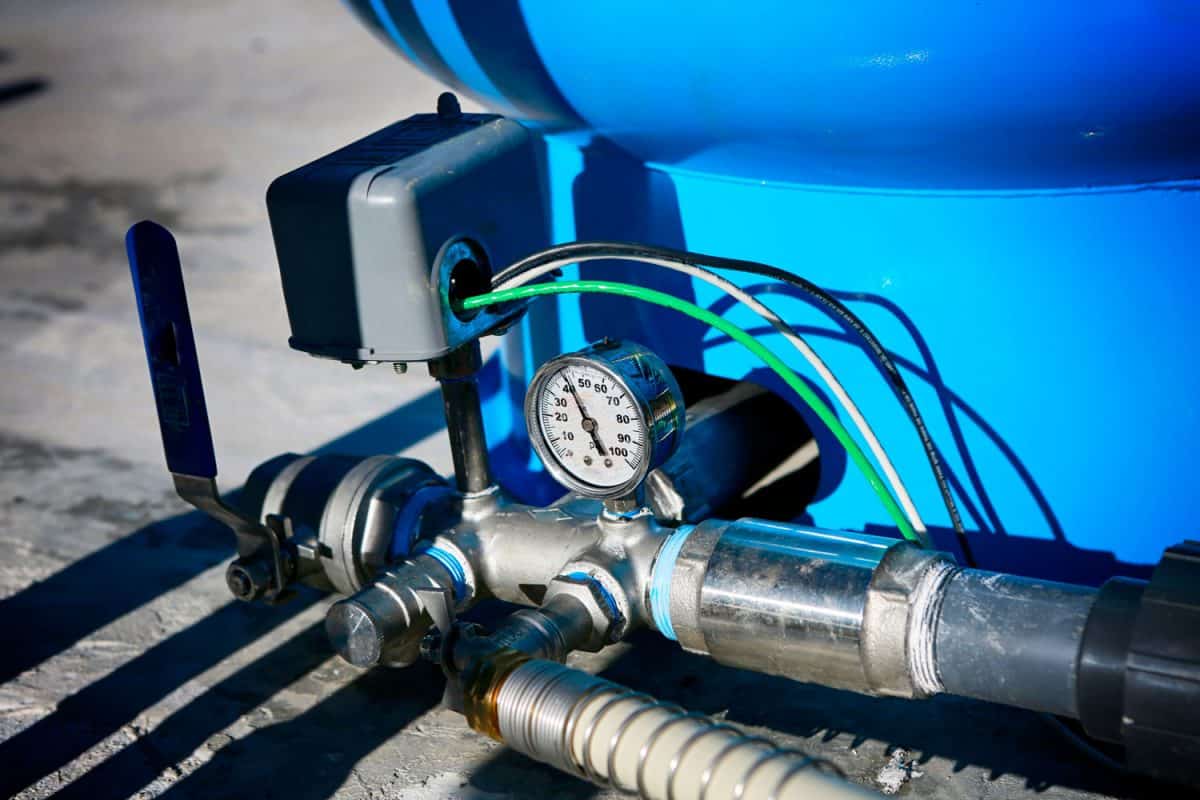
Jet pumps use a large amount of pressure to pull water up to the surface. It does this by using an electric motor and a suction pipe. Unlike submersible pumps, jet pumps are installed above ground.
There are two types of jet pumps: shallow well and deep well. As its title implies, one will be used for wells that aren't too deep - usually as deep as 25 feet. Deep-well jet pumps are ideal if the well is as deep as 200 feet.
Jet pumps can last ten years or more.
How Do I Know What Size Well Pump I Need?
The best pump for your situation depends on your home usage needs. As professionals suggest, a typical 3 to 4 bedroom home needs around 8 to 12 gallons per minute.
The best advice to choose the best pump is to figure out the GPM [gallons per minute] of water you will need at peak periods. However, the general suggestion of measuring GPM is to count the number of fixtures in your home. What kind of fixtures should you include?
You'll need to consider appliances like dishwashers, washing machines, toilets, sinks, etc. For example, a typical bathroom will require a capacity of 3 gallons per minute - that's counting the sink, toilet, and shower. Thus, the rule is to add 1 GPM per fixture in your home.
Peak Capacity
Measuring peak capacity is more tricky. Consequently, you'll need to take a look at a table to determine the size of the well pump you'll need.
What Is the Best Water Pump for a Deep Well?
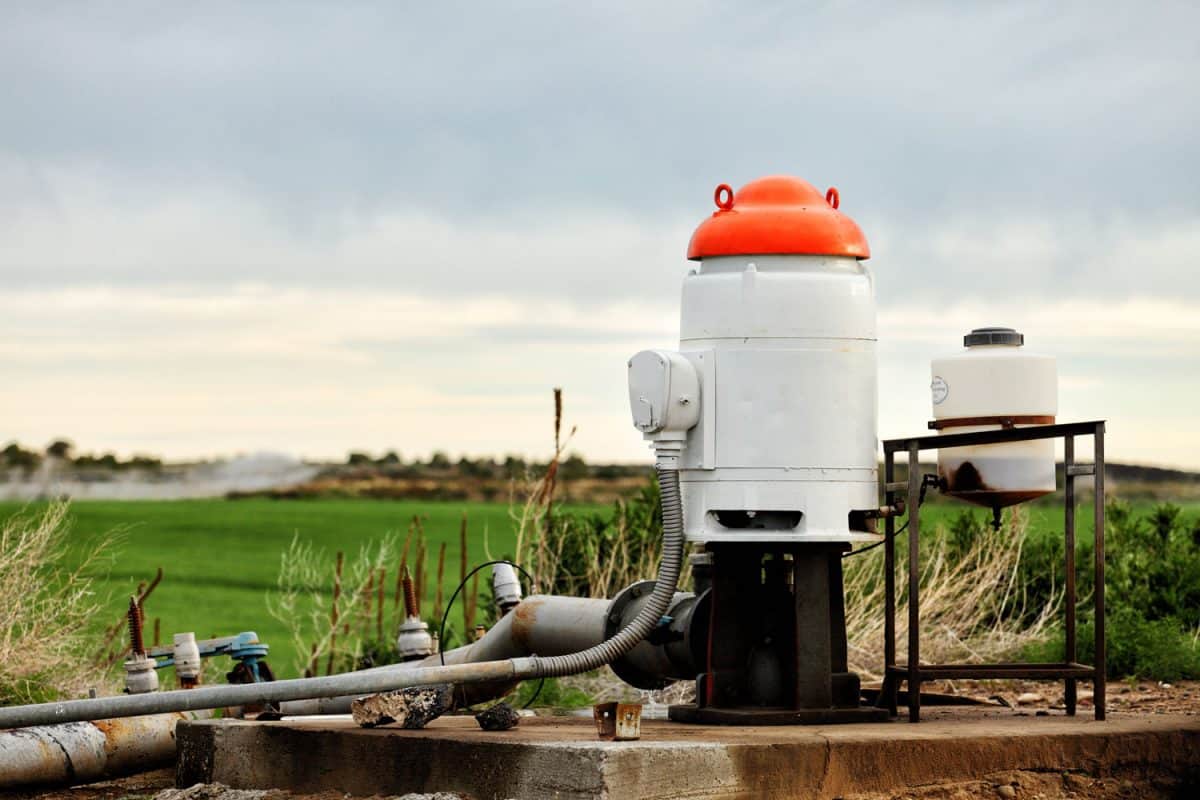
The two best choices for a deep well will be between a jet pump and a submersible one. As mentioned, jet pumps come in two types. A deep well jet pump can work in wells as deep as 200 feet.
However, there's also a deep-well submersible pump that you can consider. These pumps can take in water from depths as low as 400 feet. As you might've guessed, there are some aspects to consider.
How deep is the well? Jet pumps are ideal for medium-depth wells. Meanwhile, a submersible pump is a preferred pump for deep wells. In general, if the well is between 25-110 feet deep, a deep-well jet pump can work well.
For wells 90-300 feet deep, a submersible pump is ideal.
How Many Years Do Well Pumps Last?
The lifespan of a well pump will depend on the type you choose. Submersible pumps are rated to last the longest because it is installed underground. On average, it should last around 10-15 years. However, it will depend on the number of sediments present in the water.
If your well contains a low amount of sediments, it will likely last 15 years or longer. The higher the sediments in the water, the shorter the life expectancy. Some even suggest it can be as low as six years.
On the other hand, jet pumps can last around ten years. The same goes for centrifugal pumps. It's essential to keep in mind that this is under ideal conditions. In general, all types of pumps should last between 5-15 years. Though, submersible pumps seem to have a better reputation for longevity.
Factors That Shorten The Lifespan
You might be wondering why all types of pumps have a general lifespan of 5-15 years. The reason is that two factors can cut their lifespans short. The first would be sediments present in the water.
Sediments - like sand - are abrasive. No matter the type of pump, sediments will wear down the bearings and moving parts within. Areas with fewer sediments in the water will likely have pumps that last a long while.
The other factor would be the quality of installation. If the pump is not installed correctly, it will break down sooner. So, if you're installing the pump yourself, it's crucial to know what you'll have to do. Otherwise, make sure you hire a reputable company to do the installation.
How Do You Tell if a Well Pump Is Going Bad?
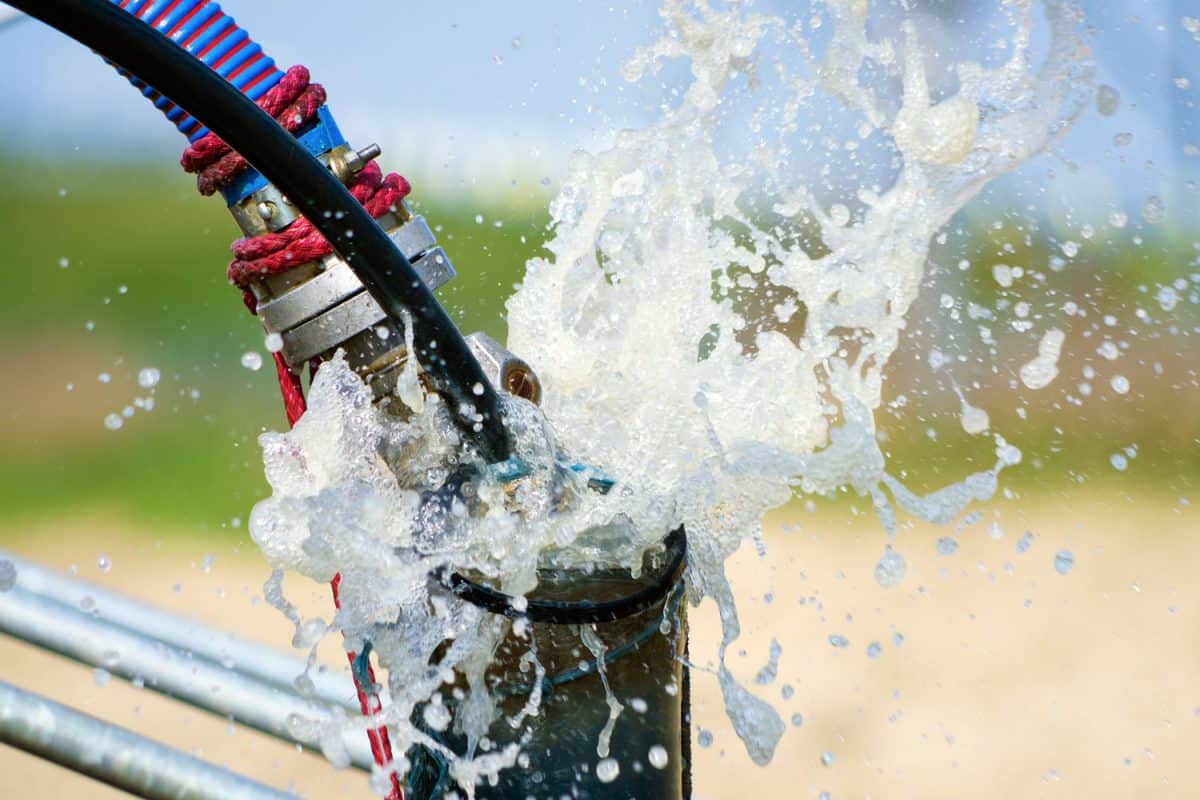
Once your well pump is nearing its end, there are a few tell-tale signs throughout your home. The first two you might notice are spitting faucets and scalding hot showers. These two issues indicate a problem with the pressure tank.
The other would be a change in water quality. Depending on the age of your pump, it could indicate a failing water pump. Otherwise, if your pump is still relatively new, there can be other causes for this issue. The same goes for fluctuations in water pressure.
The next sign would be present near the pressure tank. If you hear clicking noises coming from the pressure switch, there might be a leak on the pressure tank bladder. This situation puts a massive amount of strain on the pump's motor.
If you don't address this problem, the well pump won't last as long as the average suggests. Failing parts will make the pump work harder than it should. Consequently, you'll lose efficiency. And, with a reduction in efficiency, the more you'll have to pay in your electric bill.
Lastly, a pump that runs around the clock also indicates a problem. It means the pump is having trouble drawing water to the surface. If it's running for long periods, there's a higher risk of burning out.
How Much Should It Cost To Replace a Well Pump?
The cost of replacing a pump will depend on three things - the size of the pump, the depth of the well, and the cost of installation. Jet well pumps are the cheaper option - while submersible pumps tend to be more expensive.
The area you live in, the depth of the well, and more will factor into the installation cost. In general, replacing the pump will cost anywhere around $900-$2500.
Final Takeaway
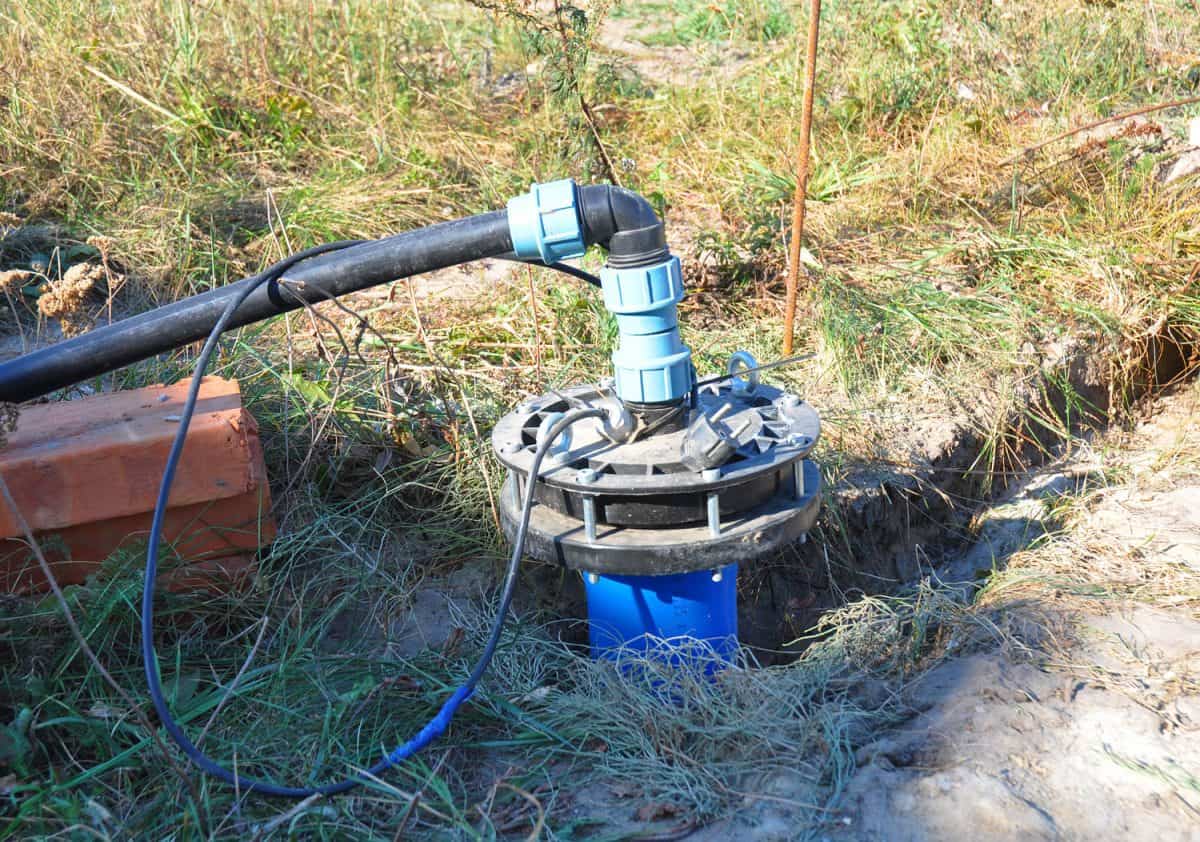
Choosing the right water pump for your situation is the only thing that stands between you and a quality water supply. Of course, these types of decisions aren't always easy. Some research will be necessary. This way, you or professionals won't have to make a second visit. We hope you found the information above helpful!
Before you go, do you have other water well pump concerns? If you'd like to learn more about pump cycles, check out our post - How Often Should A Well Pump Cycle?
For maintenance tips, check out our post - How Often Should You Service A Well Pump?
